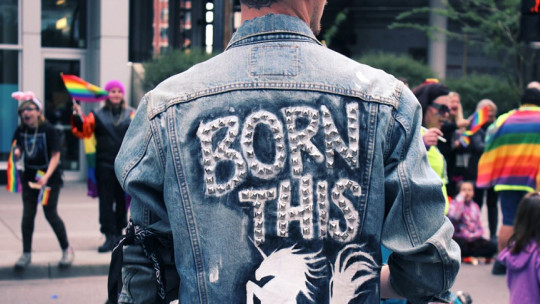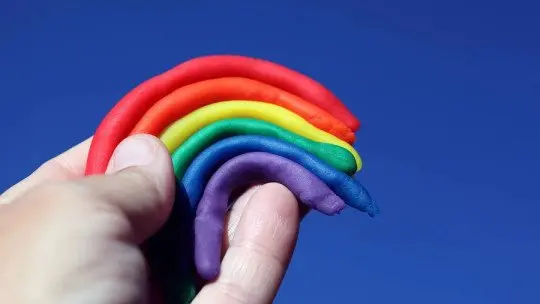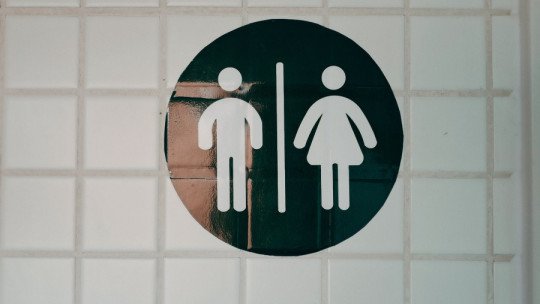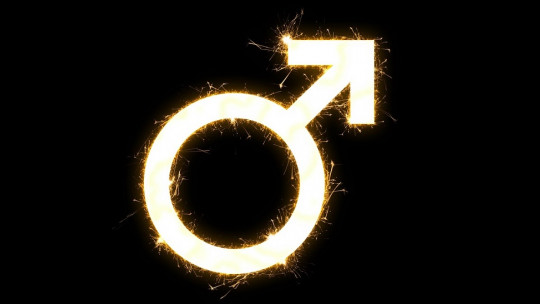
There is a lot of talk about forms of discrimination against women, but there are other types of rejection and violence against people based on gender. This is the case of transphobia a concept that has begun to become popular in relatively recent times and has to do with transgender minorities.
What is transphobia?
Transphobia is a concept that refers to the attitudes and actions through which hatred, intolerance or contempt is expressed. towards the diversity of ways in which gender and biological sex are related
In other words, people who express transphobia discriminate against transgender people in general for the fact of being transgender, the latter being individuals who escape traditional binary gender identities (man or woman with male or female genitalia, respectively).
People who suffer from transphobia
People who are victims of transphobia do not present a stereotypical profile that is usually attributed to transgender people. This is a wide range of gender identities. for example:
Cultural differences
Transphobia has been deeply rooted in a large number of cultures, although it can take different forms. For example, in many African, Western or Asian cultures, transgender has been repressed and made invisible in practically all its forms of expression
In other societies, such as Pakistan, it is common to invite transsexuals to entertain wedding parties, although beyond these elements of folklore, these people are excluded from public life.
What are the causes of this discrimination?
There is a wide variety of theories about what motivates this form of discrimination against transsexuals, intersex and transgender people in general. Each explanation must face the challenge of not only explaining the hostile attitudes of isolated people, but also a cultural and legal basis that involves collective and systematic discrimination towards a minority.
Currently, a large number of anthropologists and sociologists believe that transphobia is, basically, the way in which a system of domination that perpetuates itself from generation to generation is expressed, without the need to justify itself. Basically, it is based on the idea that gender roles must be respected because they are “natural” and that, in any case, whoever wants to get out of them is the one who must argue and convince.
However, as with homosexuality, this principle does not stand on rational bases: tradition justifies itself.
The feminist and gender studies perspective
Other theories appeal to the concept of heteropatriarchy to point out that transphobia is not simply the resistance to breaking with tradition, but that there are groups whose privileges they depend on gender roles not being transcended
This perspective points out that discriminating against transgender people is a tool to subjugate and impose power, with all that this implies: keeping open the possibility of controlling the lives of others to obtain benefits.
These benefits, however, would not be personal, but collective, to be distributed among a minority that is almost always related to groups of heterosexual white men and whose gender identity is masculine. The fact of Keeping threats to gender roles at bay would allow the exploitation of women and transgender minorities without needing to vastly outnumber them.
That is why transphobia is usually closely related to types of sexism in general: both are forms of legitimization of traditional roles that benefit one part of society and harm another.
Overcome barriers
Transphobia has nothing to do with innate predispositions that determine our attitudes, but rather it can be corrected and eliminated, just like forms of sexism in general.
A change in mentality and habits can make the existence of transgender people accepted with all that this implies. For it, We must review the mental schemes through which these minorities are judged and ask ourselves to what extent they are good and useful for oneself and for others.








